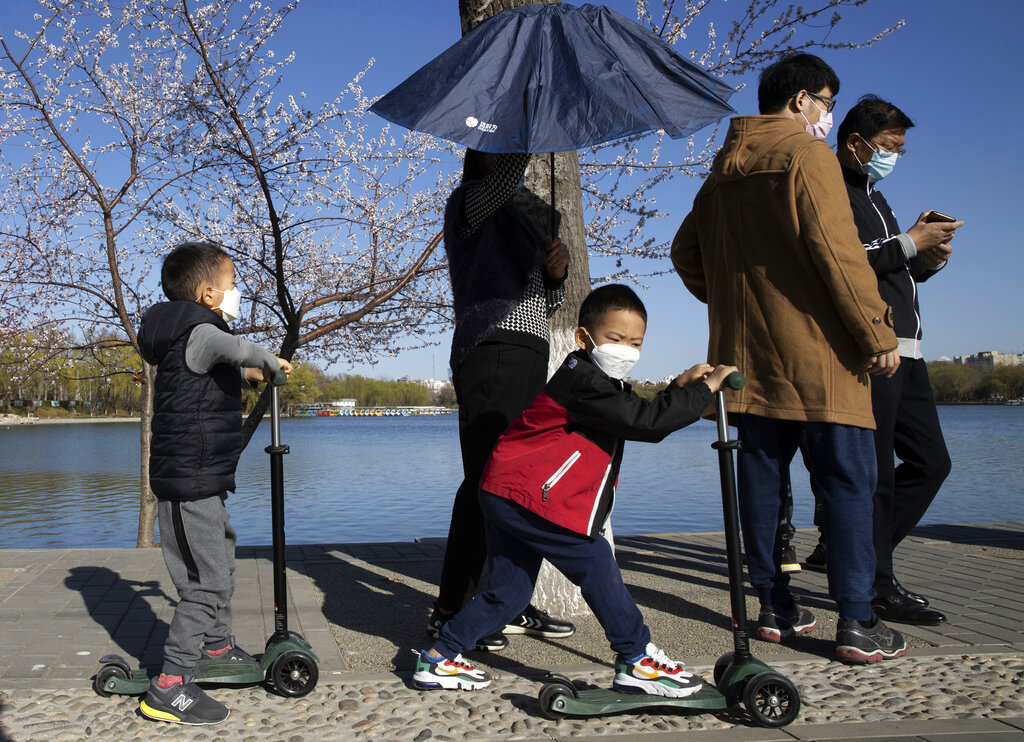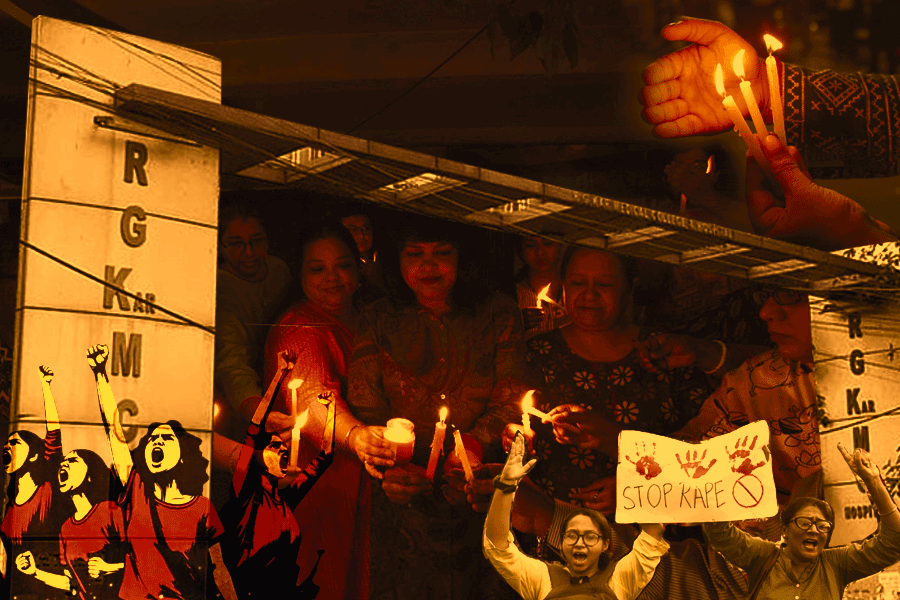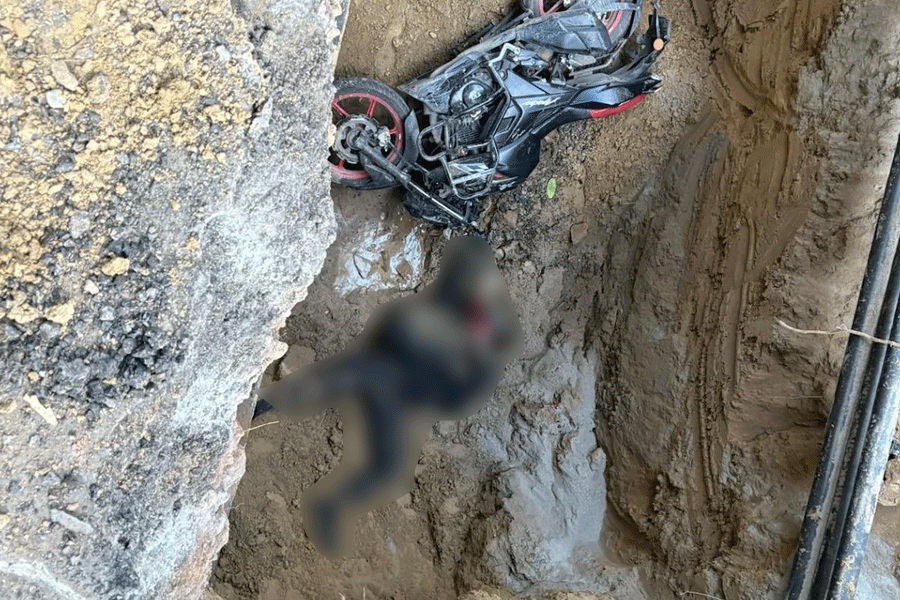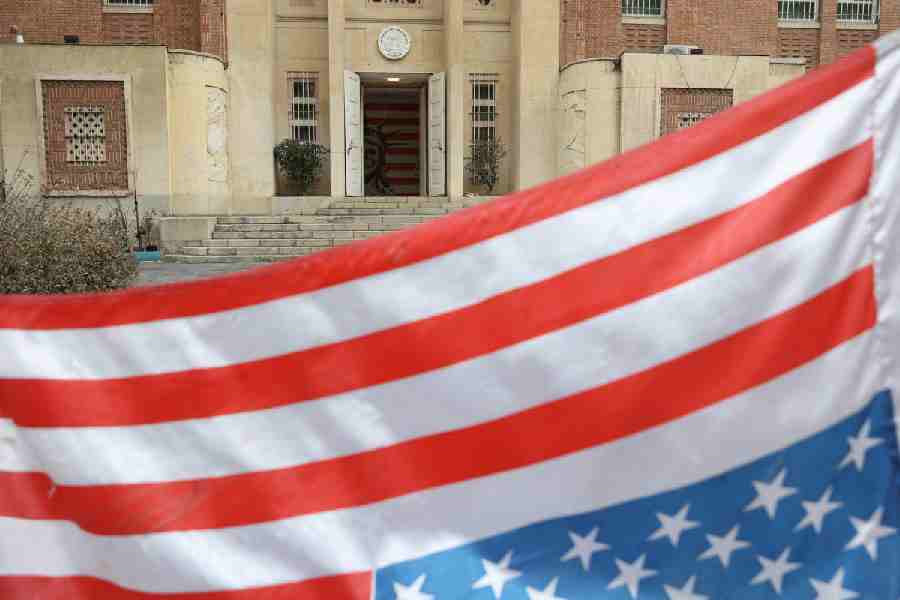Anti-viral drugs that had held promise as a potential treatment for the coronavirus did not work in one of the first major studies in seriously ill patients, researchers from China reported on Wednesday.
“No benefit was observed,” the researchers wrote in The New England Journal of Medicine.
The study tested Kaletra, a combination of two antiviral medicines, lopinavir and ritonavir, that are normally used to treat HIV.
There is no proven drug treatment for the new coronavirus, and doctors around the world have been desperately testing an array of medicines in hopes of finding something that will help patients, especially those who are severely ill.
Several anti-viral drugs have been considered possible treatments, though so far none has proved effective.
Even though the results were disappointing, the researchers said that this one study was not the last word, and suggested that more studies might determine whether the drugs would work if given earlier in the illness or in combination with other medicines.
The new findings involve a study of 199 adults, ages 48 to 68, who were hospitalized and severely ill with the virus at Jin Yin-Tan Hospital in Wuhan, China.
For 14 days, half of the patients received standard care alone, and half were given the anti-viral drugs plus standard care.
Standard care includes the usual treatments for pneumonia, including oxygen if needed, and other medicines needed to keep patients stable and comfortable.
The drugs did not shorten the illness or prevent deaths.
An editorial published along with the article called the research “a heroic effort”, saying it was proof that useful studies could be done, even in the midst of an overwhelming pandemic.










